Supporting Children's Behavior
With adult support, infants and toddlers can learn how to express themselves in positive ways
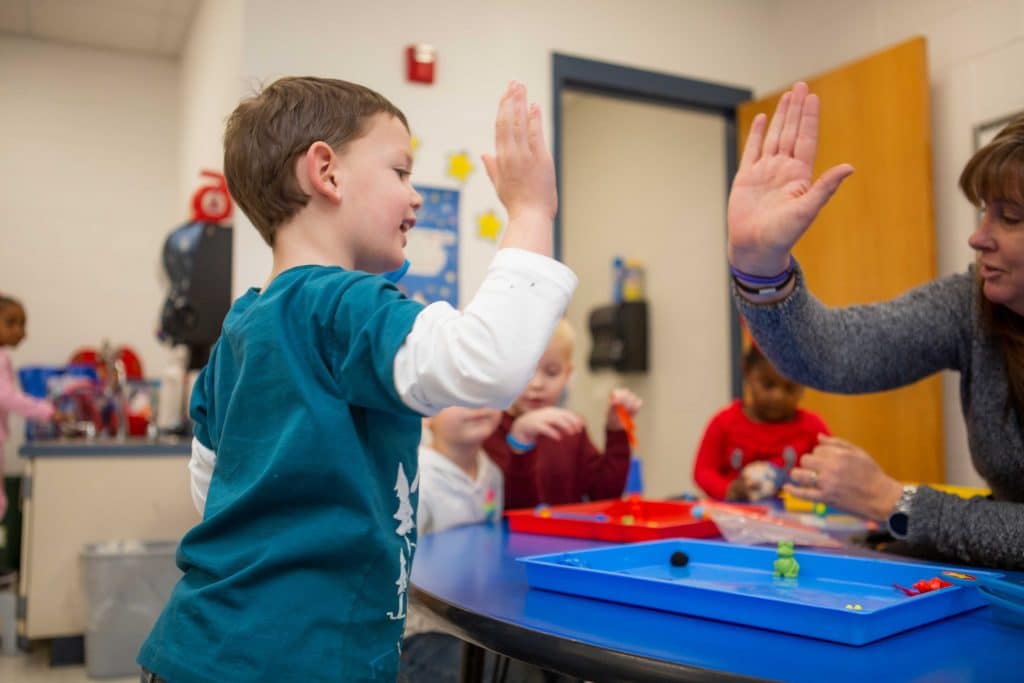
What You Need to Know
Infants and toddlers rely on behavior to express themselves and communicate with others. Teachers play the important role of external regulators for young children. When adults tune in to children’s behavior, they can respond to children’s needs and help children express themselves in positive ways.
What It Looks Like
A quick glance at how you can help infants and toddlers express themselves positive ways
Provide Effective Instructions
Give simple and clear instructions that focus children’s attention on what to do, rather than what not to do. When this teacher says, “Get down please,” the young child is able to adjust her behavior and use the bike safely.
Offer Choices
Provide options whenever possible, like this teacher does by placing various activities around the room. This gives children a say in what they can do and minimizes potential conflicts that may arise when children have to share or wait turns.
Use Cues
Use simple cues, like lights and songs, to signal that it’s time to transition. These help children prepare to move on from one activity to the next and remind children of important steps or directions.
SUPPORTING BEHAVIOR WITH BOOKS
Hands Can
Hands Can, written by Cheryl Willis Hudson and illustrated by John-Francis Bourke, features repetitive text and photographs of real children to highlight positive ways to use our hands.
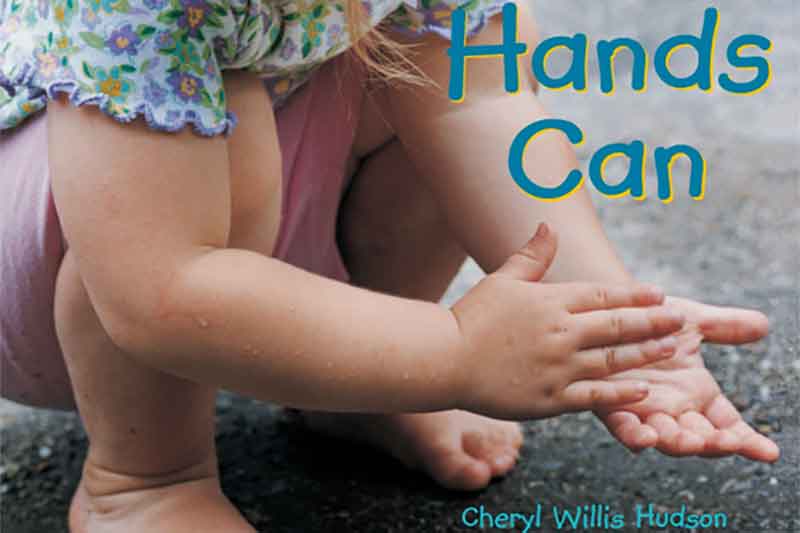
TRAUMA-INFORMED CARE
Apply a Trauma-Informed Lens
This practical guide from the Minnesota Association for Children’s Mental Health offers strategies to apply a trauma-informed lens to support children’s behavior in the classroom.
FAMILY CONNECTION
Support Families to Manage Behaviors
Dr. Rosemarie Allen from the National Center for Pyramid Model Innovations talks with two mothers about their experiences with school suspension.
CONSIDERING EQUITY
Culturally Appropriate Guidance
In this webinar, Dr. Ercan offers transformative, yet practical ways teachers can start to understand children’s cultural backgrounds to support behavior in the classroom.
Activity Cards for Infant and Toddler Classrooms
Part of the STREAMin3 curriculum, these activity cards provide simple and fun ways you can help children to practice focusing their attention, movements, and behavior.
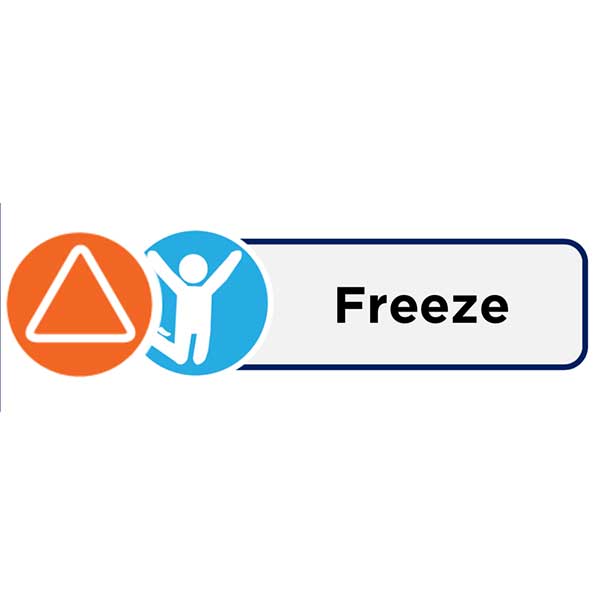
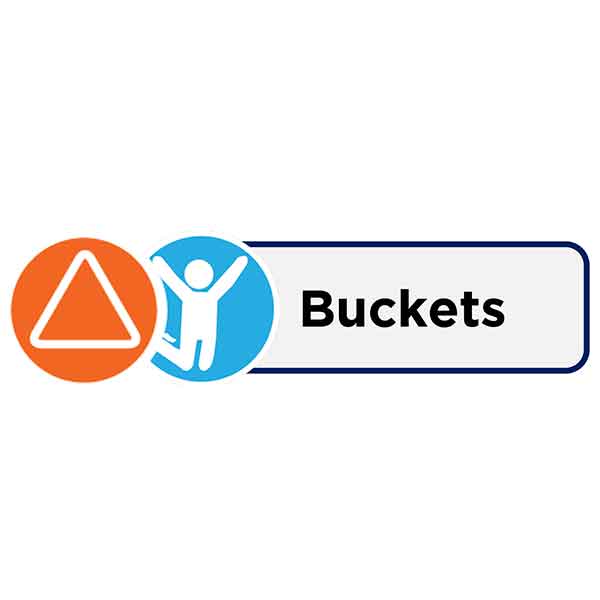
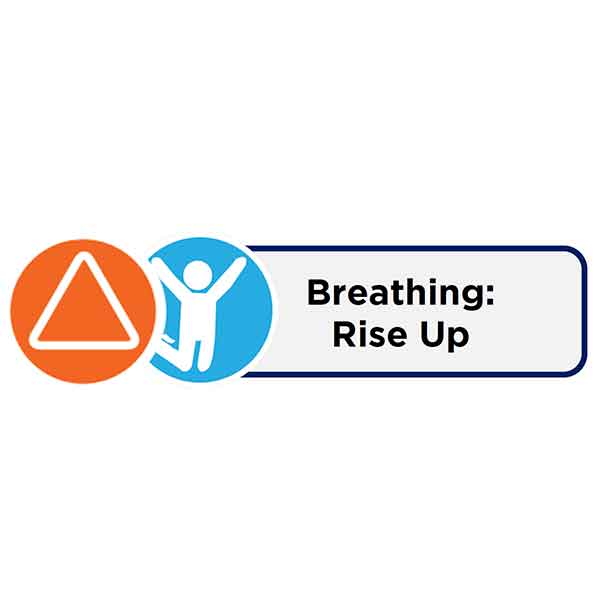
Breathing: Rise Up
Use breathing exercises to help children calm down and develop body awareness.

Get Our Resource Guide
Includes questions and activities to guide your use of the videos, book suggestions, and activity cards featured for each of our core social-emotional skills

